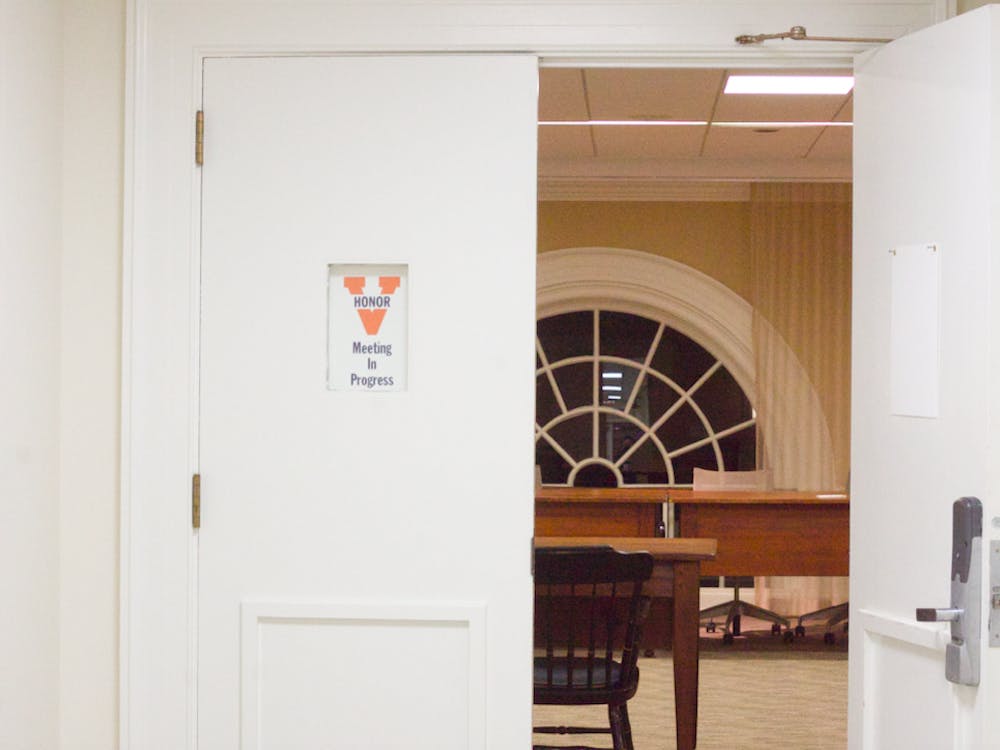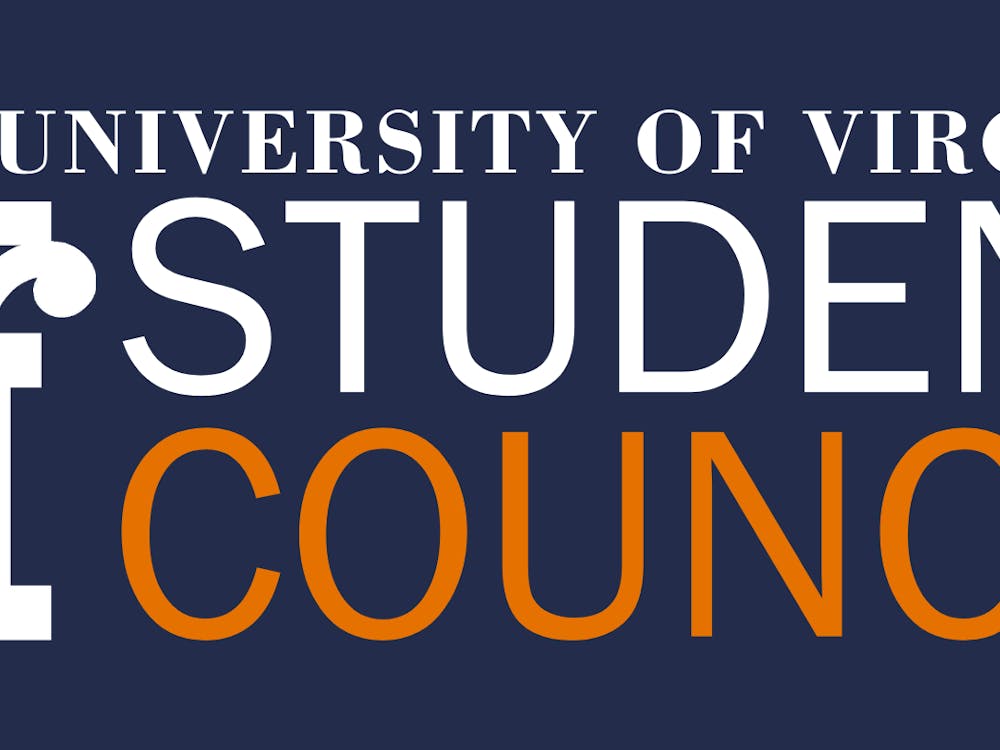Last semester, the University’s Board of Visitors unveiled its Affordable Excellence tuition plan, which aims to increase both the racial and socioeconomic diversity within the student body. The home page for this plan claims it will make college "accessible to all” students. On that page, you will find a testimony by a class of 2018 student. Part of the testimony reads: "For me, having to not worry about paying so much back in loans after I graduate is definitely a good thing.” While I do not personally know the quoted student, many of the students meant to benefit from the Affordable Excellence plan are lower-income students and first-generation students. That said, the claim of making “college accessible to all” is misleading. Making college accessible to lower-income students and first-generation students is not solely about the cost of attendance. Ensuring college accessibility requires providing these students with the needed academic, emotional and administrative support.
Many lower-income and first-generation college students never complete their degree because they end up dropping out of college even if they receive significant financial aid. Why does this happen? Though it may be a huge deterrent for students, lack of financial aid is not the only factor that leads to never completing a college degree. Another major factor behind drop out rates of lower-income and first-generation students is the feeling of not belonging.
Recently, I contacted George Stovall, director of the Office of Institutional Assessment and Studies at the University, and inquired about the graduation rates of lower-income students. According to Stovall, IAS defines lower-income students as “those whose parent income (or student income in the few cases of independent students) is less than or equal to 200 [percent] of the federal poverty level.” The most recent data available is for the entering class of 2008. The four-year and six-year graduation rates for low-income students were 81 percent and 89.1 percent, respectively. On the other hand, the four-year and six-year graduation rates for the entire class were 87.4 percent and 94.1 percent, respectively.
Additionally, I also reached out to Sarah Schultz Robinson of IAS who provided me with a breakdown of the 2013 Student Experience in the Research University survey results. I asked her for data comparing lower-income students to regular need students and first-generation students to non-first-generation students. The SERU results revealed that lower-income students and first-generation students did not feel as welcomed at the University relative to regular need students and non-first-generation students. Unsurprisingly, both lower-income and first-generation students were also less satisfied with their social experiences at the University.
If a college's environment leads many lower-income students to drop out, then is a college education actually accessible to all students? Not exactly. While I appreciate the University's devotion to making itself affordable to all students, if it truly intends to make itself accessible to everyone, then it must provide lower-income students and first-generation students with the support that they need to succeed and graduate.
In the same way that the University offers a specialized orientation for international students, colleges and universities should also devote one of their orientation sessions to lower-income students and first-generation students. Thankfully, in designing such a program, the University could draw information and inspiration from similar programs at other top-tier institutions such as WIlliams College, Wake Forest University and Bucknell University.
Currently, the University offers the Rainey Academic Program and Summer Transition Program. Both of these initiatives are pre-college summer programs that aim to ease the college transition for lower-income students. As University administrators likely know, pre-college summer programs have been proven to be effective in getting lower-income students acclimated to college, but the University should expand its program and mandate it for all lower-income students and first-generation students. In fact, in order to assure attendance at these programs, the University should cover the costs of travel for students with demonstrated need. Pre-college summer programs increase college preparedness, familiarize students with campus life and offer continuing support through the first year of college via the connections made by students.
Following those programs, a report by The Pell Institute finds colleges should provide these at-risk students with specialized advising, tutoring and mentoring faculty and peers. Additionally, following the Posse Foundation’s model, the University should develop “cohorts of study groups that foster campus community and provide an academic and social support system for low-income, first generation students.” The Pell report demonstrates that ensuring college accessibility goes beyond simply providing substantial financial aid.
In an age when the American Dream has increasingly become inaccessible, the University has undoubtedly made great strides to be a place of learning for first-generation students and lower-income students. Nonetheless, its work is far from over. Often the ticket to the American Dream, a college degree must be accessible not to only the more fortunate but also the less fortunate. In order to ensure that “college [is] accessible to all,” the University must create a welcoming and supportive environment for lower-income students and first-generation students by providing the needed academic and administrative guidance.
Alexander Adames is an Opinion columnist for The Cavalier Daily. He can be reached at a.adames@cavalierdaily.com.





